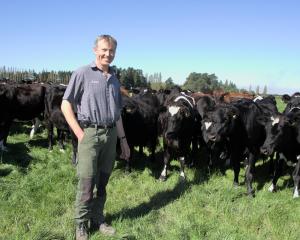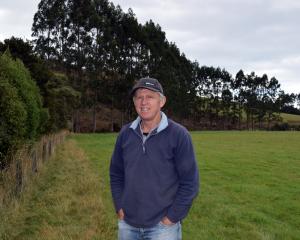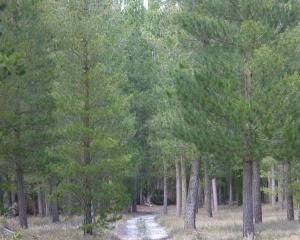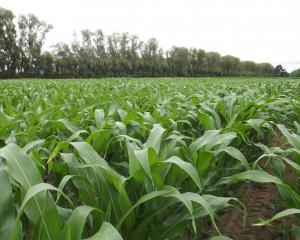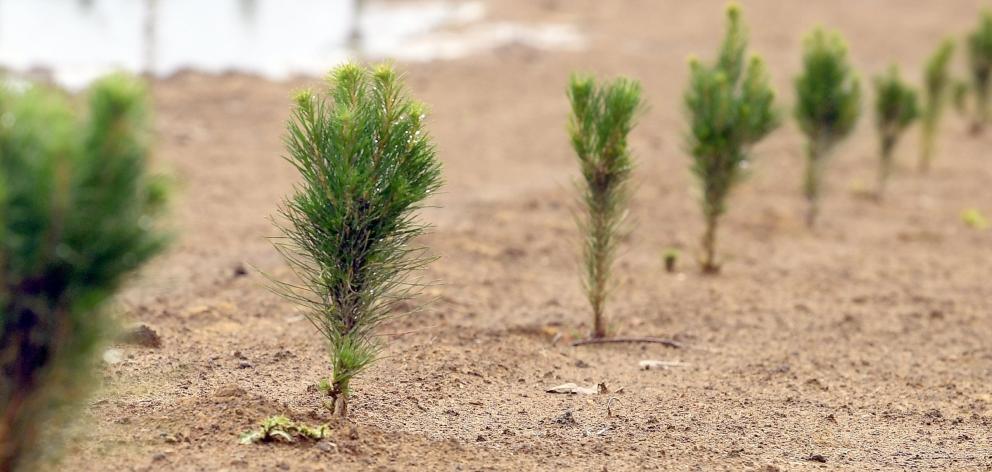
The suggestion City Forests, owned by Dunedin City Holdings (DCHL) on behalf of the council, sells quantities of carbon credits to afford its looming dividend payment was raised at a council meeting last week.
Carbon credits are a type of permit that allows businesses to emit a limited amount of carbon dioxide emissions, with one credit equal to one metric tonne of emissions.
Responding to questions from councillors, DCHL chairman Tim Loan said City Forests was expecting the price of carbon credits, over the long-term, to be stable if not increasing.
The market price of carbon credits had lifted "quite significantly" since initial discussions with City Forests to a more reasonable price, Mr Loan said.
Council’s reserve of carbon credits was valued at $53m, up from $28m in June last year.
But it was still subject to market fluctuations, he said.
Cr Steve Walker said he thought carbon credits were as "equally unpredictable at the moment" as cryptocurrencies such as Bitcoin.
DCHL general manager Peter Hocking said council’s reserve contained 1.4 million units of carbon credits but the price could be volatile.
"If one is to liquidate any carbon units, it needs to be done at an advantageous time so in the meantime there isn’t an impact on debt," he said.
On the other hand, City Forests was already borrowing about $50m, which could rise by an extra $10m to fund the special dividend.
This would depend on whether or not carbon credits would be used to support special dividend payments, Mr Loan said.
"We don’t want [City Forests] to be erratic in the sale of carbon credits given the view that the carbon price could increase quite significantly, but neither do we want them to be speculative.
"In terms of the payment of a special dividend, that may come from the sale of carbon credits, it may come from a mixture of selling carbon credits and debt, but it needs to adhere to the policy we’ve put in place."
Later in the meeting, Cr Lee Vandervis singled out City Forests, along with Delta and Aurora, as needing to contribute more to paying dividends.
"It is the dividends that should be the focus, not the building of a forestry empire, and certainly not the building of hundreds of millions of dollars worth of carbon credits that have basically been stashed away as I see it."
Cr Vandervis said carbon credits represented an enormous amount of what was essentially "ready cash", and it was the very volatility of the market that justified their use during a period of high valuation.
Dunedin Mayor Jules Radich said there were projections that the price of carbon credits would continue to rise, in the past having risen to between $70 and $125 per tonne.
Estimations placed the current market price at about $50.
However, City Forests should keep some carbon credits in hand as the market could go either way, he said.
"Who knows when or if, but it has been quite a lot higher in the past."





